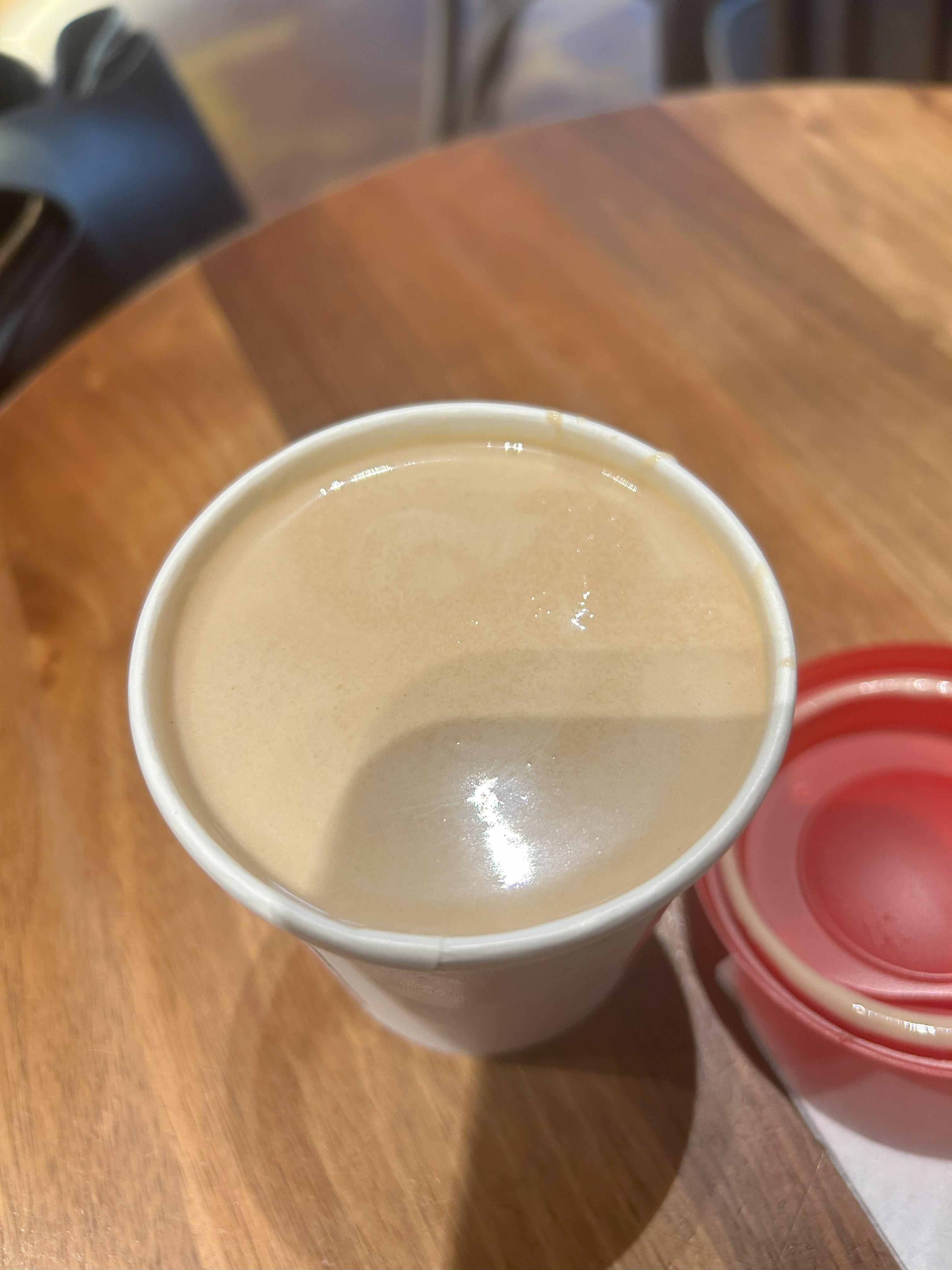Arinjtë! ("Bears!")
Just a short drive from Kosovo's capital, Pristina, lies an inspiring destination: the Bear Sanctuary. Up in the hills of Mramor, this sanctuary offers a safe haven for brown bears that were once kept in captivity under harsh conditions. Today, it’s a symbol of animal welfare and a popular spot for visitors looking to experience nature and wildlife in a meaningful way.
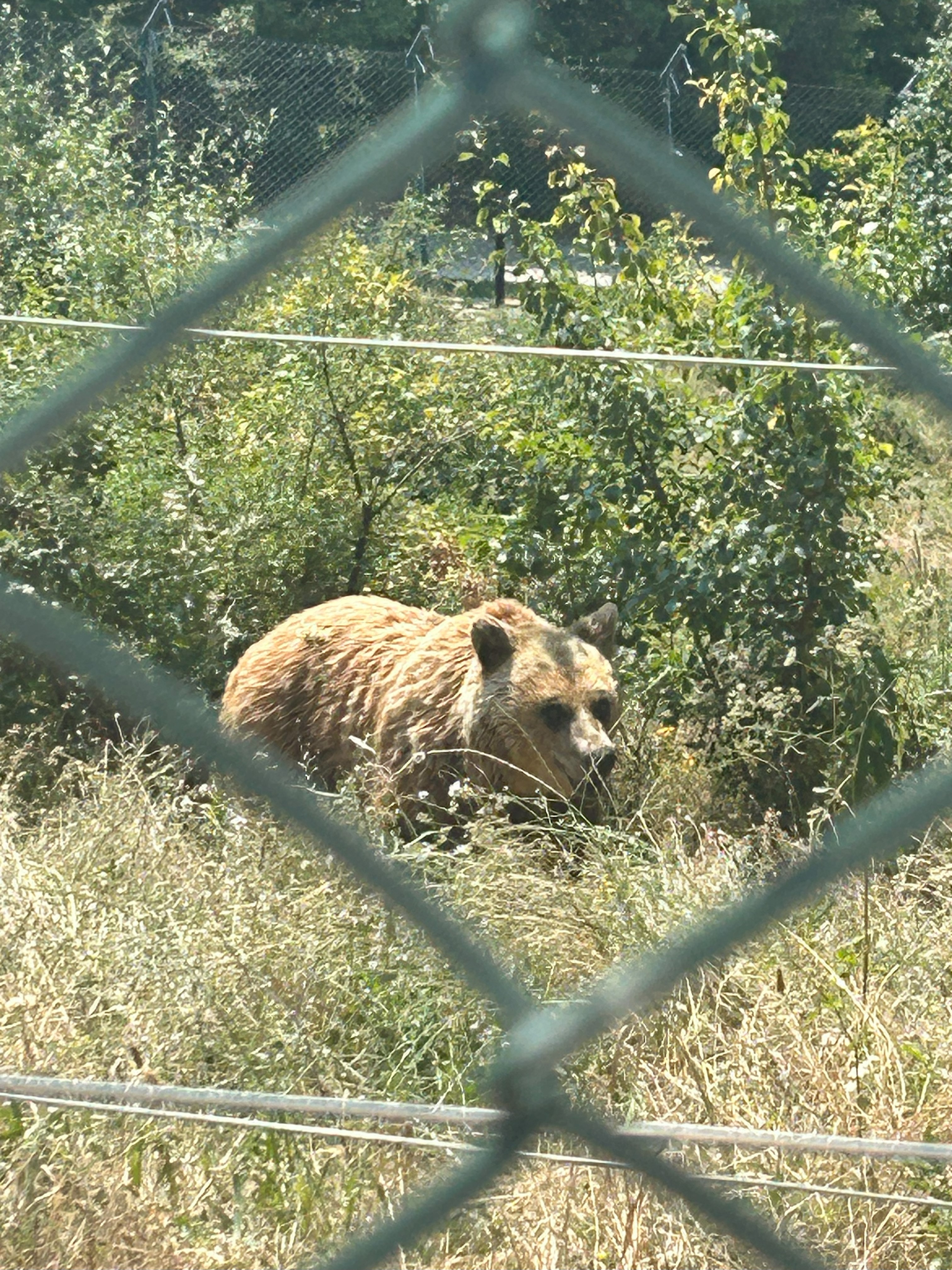
The Bear Sanctuary Kosovo was established in 2013 by the international animal welfare organization Four Paws. Its primary mission is to rescue and rehabilitate brown bears that were illegally kept as restaurant attractions across Kosovo. These bears often lived in tiny cages, subjected to neglect and malnutrition. The sanctuary not only provides these bears with a spacious, natural environment where they can roam freely, but it also works to educate the public about the importance of wildlife conservation and the ethical treatment of animals.
In its 16 hectares of land, the sanctuary is now home to more than 20 rescued bears. Each bear has its own unique story of survival, and the dedicated team at the sanctuary ensures they receive the care and attention they need to live healthy, fulfilling lives. Katie & I got to observe the bears as they explore their naturalistic enclosures, complete with forests, meadows, and ponds, all designed to mimic the bears' natural habitat as closely as possible. I loved the little information signs next to each enclosure giving some more details on each bear’s personality!
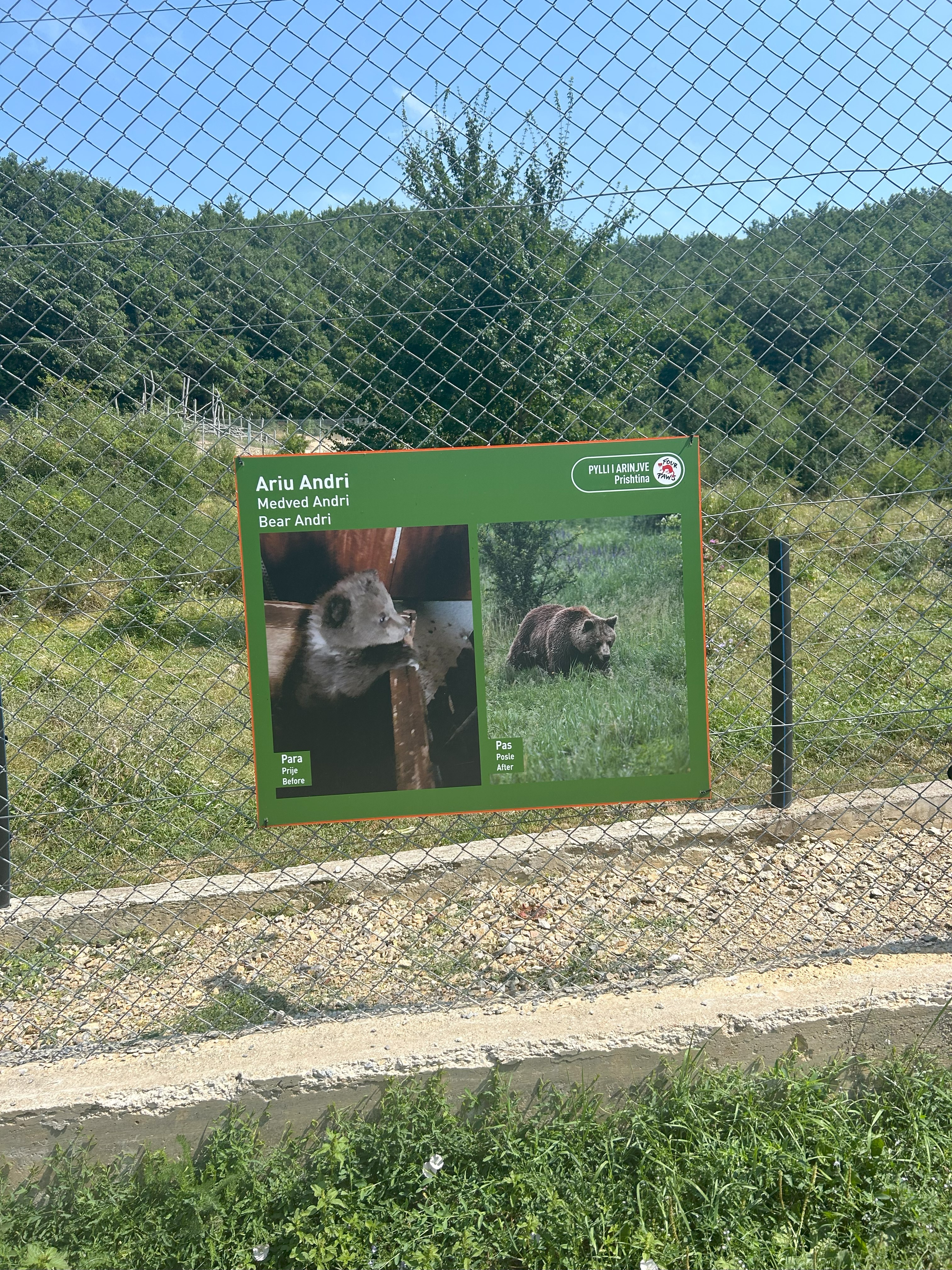
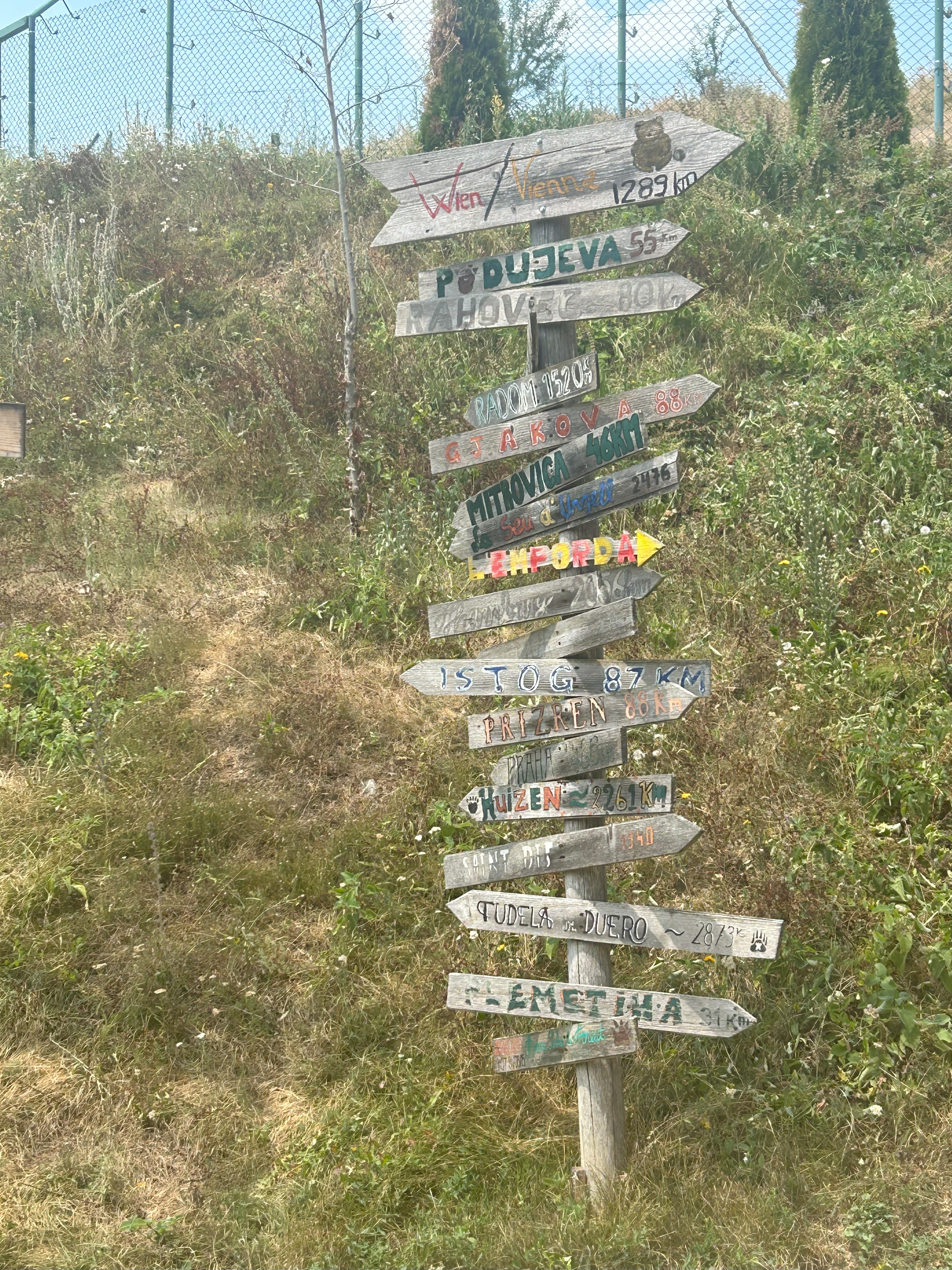
The bears at the sanctuary are fed a diet that closely resembles what they would eat in the wild, including fruits, vegetables, and nuts. The staff also engage the bears in various enrichment activities, such as hiding food in logs or providing them with toys, to stimulate their natural behaviors and keep them active.
The Bear Sanctuary Kosovo is more than just a refuge for bears; it is also a center for education and recreation. The sanctuary offers guided tours where visitors can learn about the bears’ individual stories, the conditions they were rescued from, and the efforts being made to protect Kosovo's wildlife. The sanctuary’s educational programs aim to raise awareness about animal rights and the importance of preserving natural habitats. Kosovo takes Europe's lead when creating and enforcing laws and regulations regarding the environment, pollution, and animal welfare.
Visiting the Bear Sanctuary is not just a chance to see the bears up close, it's also an opportunity to support a cause that is making a real difference. The sanctuary relies on donations and visitor support to continue its work of rescuing and rehabilitating bears, as well as advocating for stronger animal protection laws in the region. I bought gifts for my family back home and you can explore their website or Instagram to help support their cause!
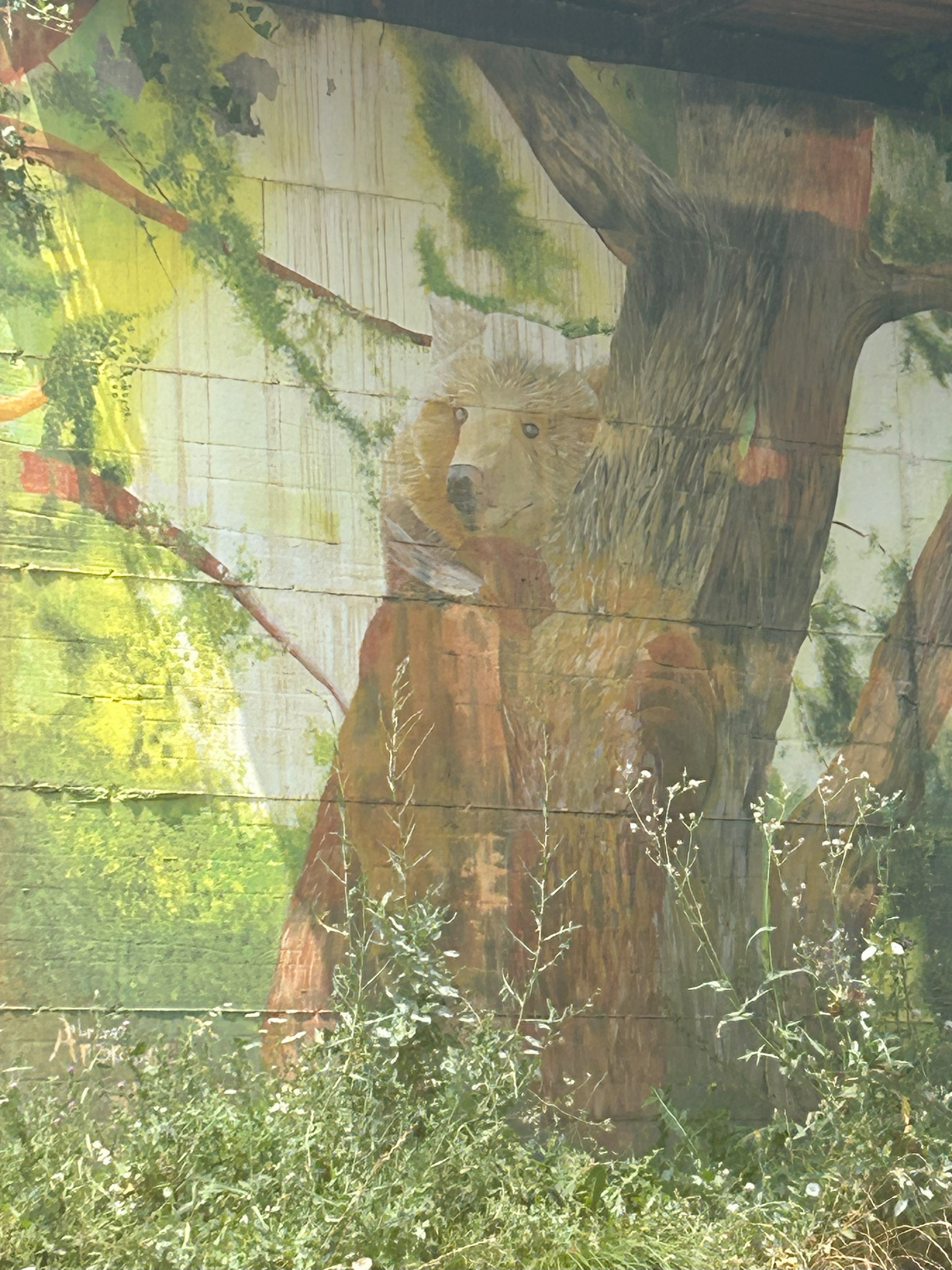
Back home in Pristina, this European heat wave is intense. It has routinely been 90-100 degrees every day. Climate change is having a drastic impact on the lives of ordinary people. One of the reasons I am so interested in national security and post-conflict law is the diversity of topics that states need to consider as “national security”. Environmental disasters, whether as single one-time events or continuous trends, can have massive effects on healthcare, immigration, conflict, and government satisfaction. I truly believe environmental regulations and policy will become a deeply intertwined part of national security policies for governments in coming decades. As for now, I am enjoying one thing I’ve missed since leaving Italy: Caffe Crema. It’s a frosty coffee frozen slushy served in almost all cafes that served espresso. The giant white machine sits on the counter constantly churning. It’s ice cold, refreshing, and still gets you the espresso kick you need in the afternoon. Summer coffee slushies just make sense when it’s 95 degrees on your walk home from work!
